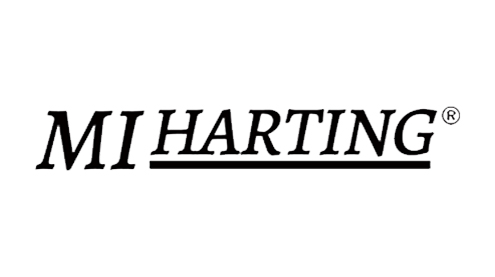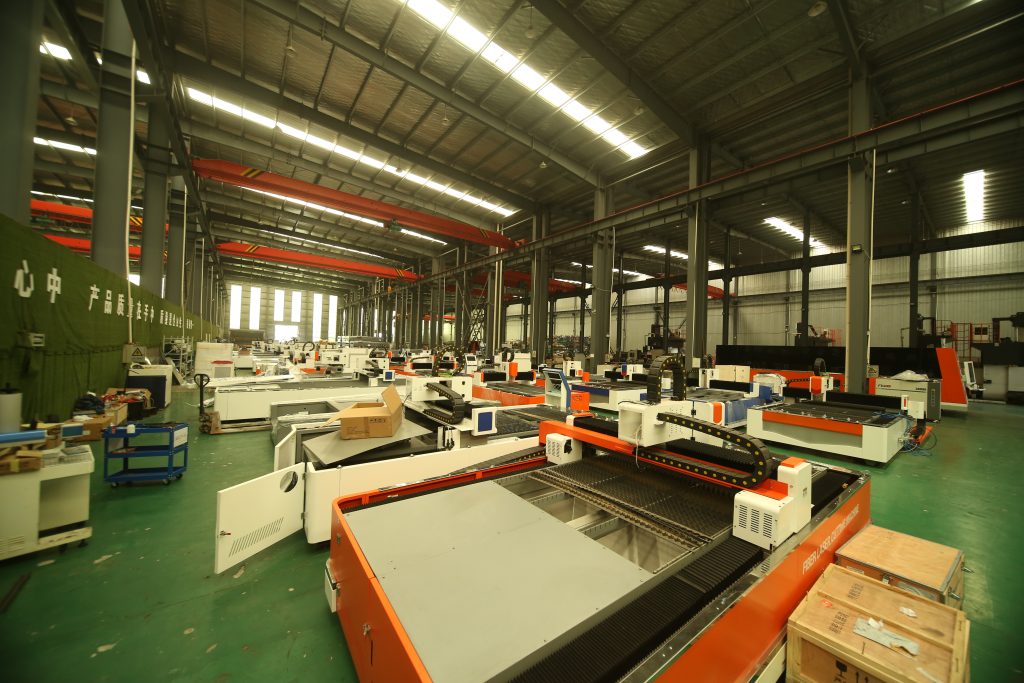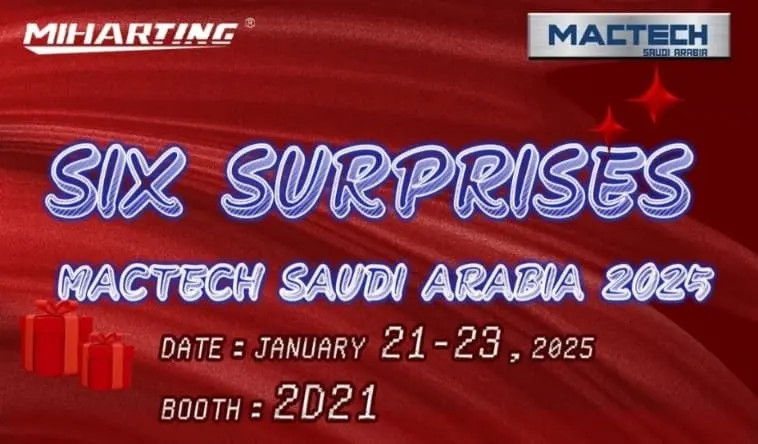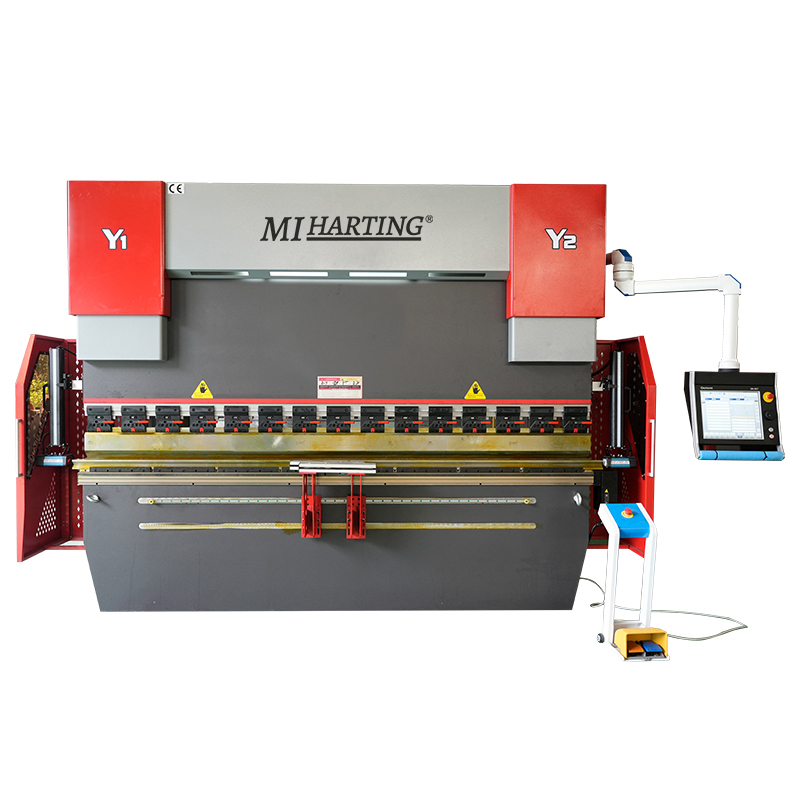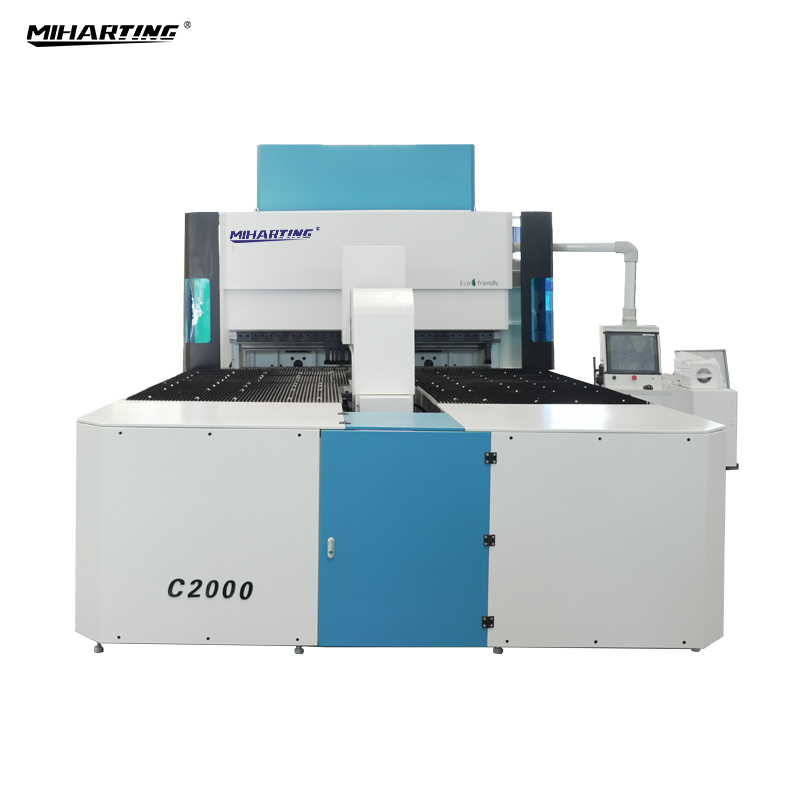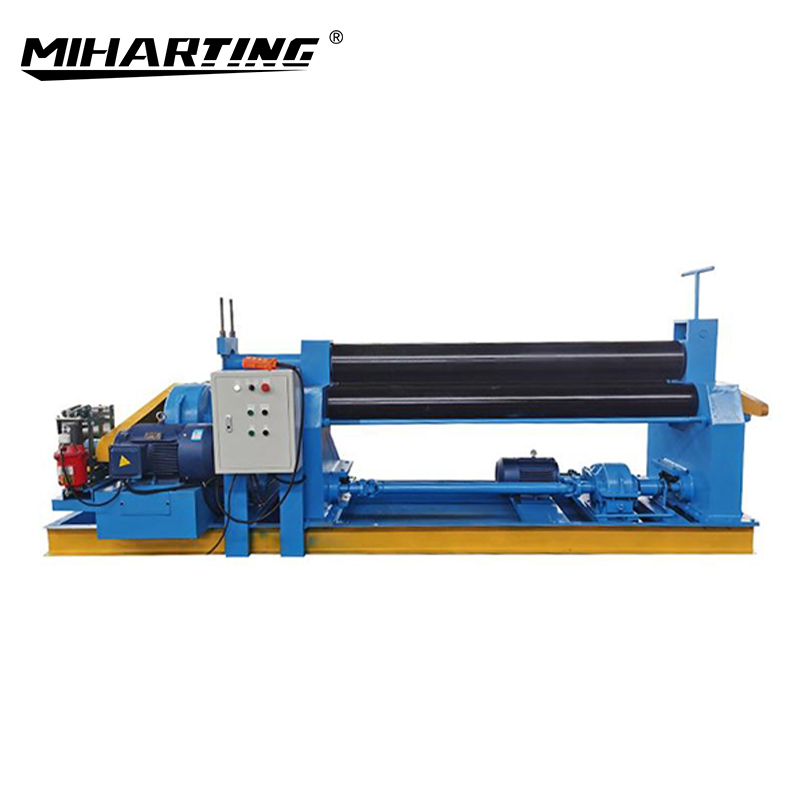When it comes to choosing a press brake for the sheet metal equipment industry, one important decision to make is whether to opt for an electric or hydraulic press brake. Both options have their advantages and disadvantages, and understanding these can help businesses make an informed decision.
Electric Press Brake:
An electric press brake utilizes an electric motor to power the bending process. It offers several benefits that make it an attractive option for certain applications. Firstly, electric press brakes are more energy-efficient compared to hydraulic ones, resulting in lower operating costs. They also tend to have a smaller footprint, making them suitable for space-constrained environments. Additionally, electric press brakes offer faster setup times and precise control over the bending process, enabling high accuracy and repeatability. However, they may have limitations in terms of bending force and may not be suitable for heavy-duty applications.
Hydraulic Press Brake:
A hydraulic press brake, on the other hand, relies on hydraulic power to generate the necessary force for bending metal. Hydraulic press brakes are known for their high bending force capabilities, making them ideal for heavy-duty applications and bending thick materials. They provide versatility in terms of bending angles and can handle a wide range of sheet metal thicknesses. Hydraulic press brakes are also more forgiving when it comes to variations in material properties, ensuring consistent and reliable results. However, they tend to have higher energy consumption and may require more maintenance compared to electric press brakes.
Choosing the Right Press Brake:
When selecting between an electric and hydraulic press brake, several factors need to be considered. The nature of the project, the required bending force, the material thickness, and the available space all play a role in the decision-making process. For smaller-scale projects that require precision and energy efficiency, an electric press brake may be the preferred choice. On the other hand, for heavy-duty applications that demand high bending force and versatility, a hydraulic press brake is often the better option.
In conclusion. In the sheet metal equipment industry, the choice between electric and hydraulic press brakes depends on specific requirements and project characteristics. Electric press brakes offer energy efficiency, precise control, and smaller footprints, while hydraulic press brakes excel in providing high bending force and versatility. By carefully evaluating the pros and cons of each option, businesses can make an informed decision that aligns with their production needs and goals.
choose the press brake that meets your needs immediately!
